HSC forensic crime laboratory to assist in national crisis of missing American Indian women
By Diane Smith
The disappearance of hundreds of Native American women and girls has challenged law enforcement nationwide. Now, experts hope to find solutions with help from the Center for Human Identification at HSC in Fort Worth and Montana State University Billings.
The University of North Texas Health Science Center at Fort Worth and MSU Billings have joined forces to combat an epidemic of missing or murdered American Indians.
“The tragedy unfolding among indigenous populations is tearing apart families and communities,” said HSC President Dr. Michael R. Williams during an announcement ceremony held at the HSC campus Wednesday.
The two universities formalized a new collaboration that will use forensics, genetics and education to help find answers to the more than 500 cases of Native American women and girls who have vanished or have been killed in 71 cities.
HSC is home to the Center for Human Identification, a world-renowned forensic crime laboratory that also leads in research and development of novel, advanced DNA sequencing technologies and large data analyses.
“The UNT Center for Human Identification is an elite crime laboratory and research engine with the expertise and resources to make an impact on this enormous problem through this unique collaboration with Montana State University Billings,” Dr. Williams said.
Officials for the two universities signed a three-year Memorandum of Understanding that establishes the collaboration. The partnership aims to help solve missing persons cases while also opening pathways to new educational programs; including forensics and medicine.
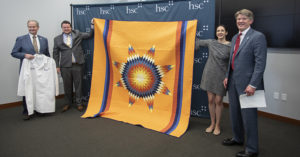 The event included the presentation of a quilt – a gift from Montana’s Native American communities to HSC Fort Worth.
The event included the presentation of a quilt – a gift from Montana’s Native American communities to HSC Fort Worth.
“Our hope is that this partnership will provide additional resources to our state and reservation communities to assist and contribute to solving missing and murdered indigenous people cases,” stated a letter signed by eight Native American leaders. “We are severely affected by this problem and want to provide closure to our families and communities. Our hope is that this partnership will assist in bringing the perpetrators to justice and providing closure to our communities.”
The partnership comes several months after President Donald Trump announced the creation of a task force focused on missing and murdered American Indians. In Montana, lawmakers created a state task force last year to focus on the high number of missing indigenous people.
The issue is a great concern in Montana where American Indians make up 6 percent of the overall population but are 27 percent of missing person cases.
“The rising number of missing and murdered indigenous people is alarming. By combining forces with HSC, MSU Billings will now be able to play a key role in addressing this epidemic,” said Dr. Dan Edelman, MSU Billings Chancellor. “The world-class technology and research HSC developed is one-of-a-kind, and by becoming a regional site for this technology, MSU Billings will be able to actively contribute to solving crimes and missing persons cases, bringing the perpetrators to justice and providing closure to the victims’ families.”
In 2019, officials from the National Missing and Unidentified Persons System (NamUS), a unit within the Center for Human Identification, participated in 27 training and outreach events for tribal law enforcement in 11 states. Collaborations to import data related to American Indians are underway with the New Mexico Department of Public Safety and the Alaska Missing Person Clearinghouse.
HSC and MSU Billings can establish forensic capabilities to contribute to solving crimes and missing person cases while also working closely with indigenous populations in Montana.
“Mistrust of government and law enforcement are common among indigenous populations. MSU Billings, as an academic institution, is positioned to build trusting relationships with American Indian tribes to work together to resolve cases,” said Dr. Bruce Budowle, Executive Director of the Center for Human Identification.
“By replicating some of our forensic capabilities at Montana State University Billings, we are creating the potential to help solve missing person cases, address crimes and fight human trafficking,” Dr. Budowle said. “We are committed to helping improve the quality of life for American Indians and their families through this important collaboration.”
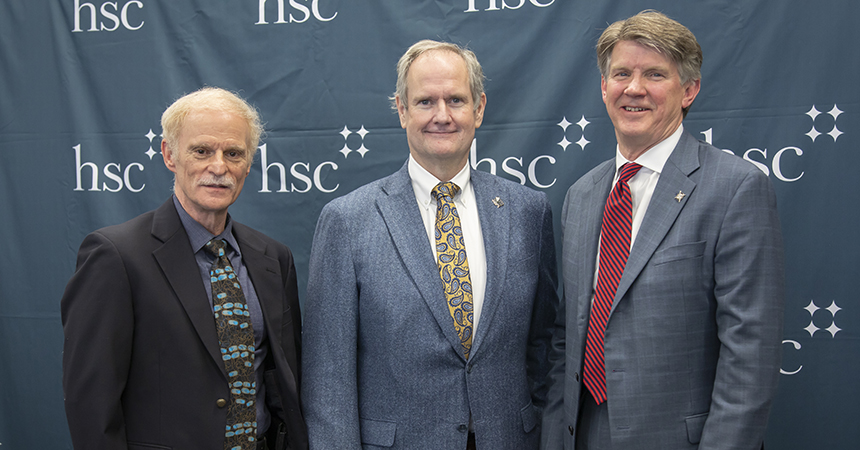
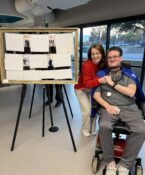
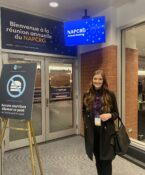
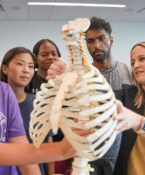
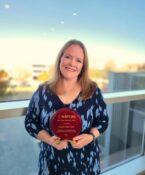

Social media